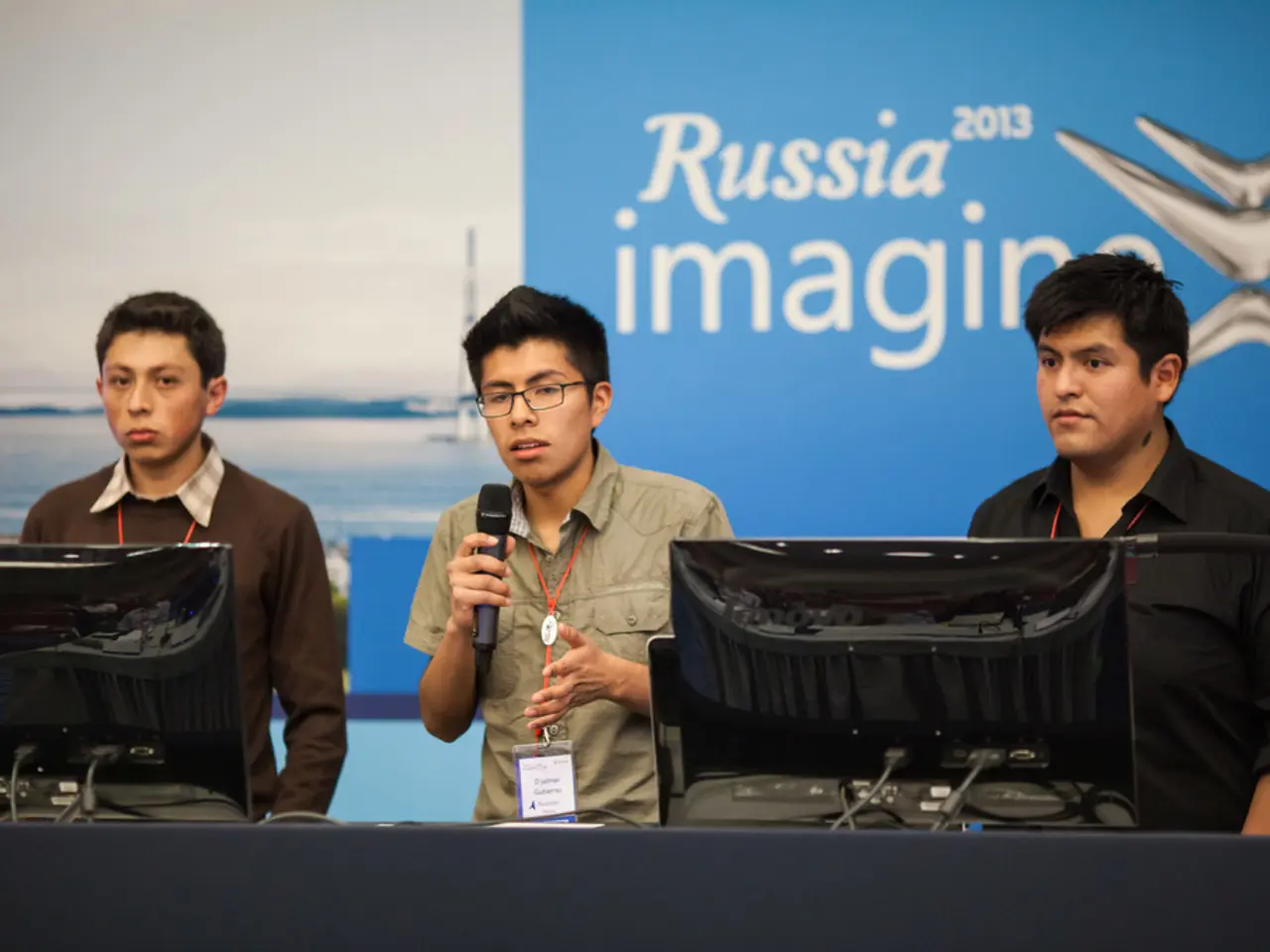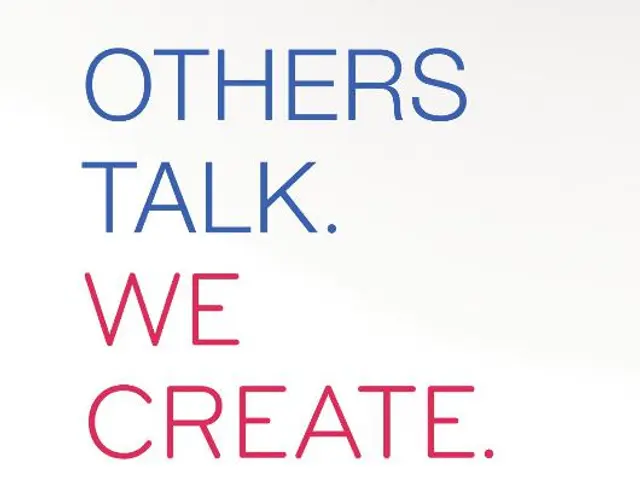AI Technology in Coding Industries Causing Job Losses – Primarily Impacting Young Professionals According to Stanford Research
In a recent study titled "Canaries in the Coal Mine? Six Facts about the Recent Employment Effects of Artificial Intelligence," researchers at Stanford University have shed light on the impact of AI on the job market in the United States.
The study, which utilised high-frequency administrative data from the largest payroll software provider in the US, reveals a significant shift in employment trends. Entry-level jobs, especially for recent graduates, as well as manufacturing occupations and business-related service occupations have been most affected by the rise of AI technology since 2022. Firms like Deloitte and PwC have reduced entry-level hiring by up to 29%, a clear reflection of the automation impact.
The tech sectors, focusing on logistics and manufacturing robotics, have further influenced these job areas. The study found a 6% employment decline for the early-worker age bracket in the most AI-exposed jobs since 2022, while older workers have seen an increase of up to 9%.
However, the authors of the study believe that these findings could be influenced by factors other than generative AI and plan to continue tracking data. This is in contrast to Sam Altman, CEO of OpenAI, who expressed more concern about Gen X than Gen Z when it comes to AI-related job loss, a statement that contradicts Stanford's study.
The rapid growth of AI's capabilities in areas like coding, language, reasoning, and overall subject knowledge over a few years has been highlighted by the study. This growth has been reflected in the tech sectors, leading to automation in various job areas.
The study's findings align with a Microsoft report from July 2025, which identified 40 jobs most susceptible to AI replacement and 40 jobs that seem secure. The Stanford study also suggests that AI is causing employment declines for early-career workers, specifically those aged 22 to 25, in jobs like software development and customer service.
Interestingly, the model used to analyse the data in the Stanford study did not see the same results before 2022, when generative AI really began to pick up steam.
The study's findings show that older or more experienced workers in the same positions, as well as workers in jobs less exposed to AI, are still experiencing employment growth. This suggests that AI might not be a blanket disruptor across all job markets.
The CEOs of leading AI firms, such as OpenAI, NVIDIA, and Meta, have differing beliefs about the impact of AI on employment. While some express concern for job losses, others focus on empowering individuals. For instance, Mark Zuckerberg, CEO of Meta, has changed the trajectory of Meta's AI division to focus more on personal superintelligence, which aims to empower individuals rather than rob them of careers.
Despite these concerns, the authors of the paper discovered little difference in annual salary trends by age or exposure quintile, indicating that AI is more of an employment disruptor than one that affects wages.
The MIT report's finding that only 5% of AI pilot programs make it off the ground could be seen as a potential indicator that the AI bubble might be near bursting. However, Jensen Huang, CEO and co-founder of NVIDIA, believes that everybody's jobs will be affected by AI, but thinks humanity will only suffer if it runs out of ideas.
Among the concerns about AI and employment, Amodei, CEO of Anthropic, has warned that AI could potentially steal up to 50% of entry-level white-collar jobs. However, the Stanford study adds nuance to this claim, suggesting that using AI isn't necessarily linked to a decline in employment, but rather to instances where AI can automate jobs.
In instances where AI can augment jobs, the employment situation is different. The study found little difference in annual salary trends by age or exposure quintile, indicating that AI is more of an employment disruptor than one that affects wages.
In conclusion, the Stanford study provides valuable insights into the impact of AI on employment in the US. While there are concerns about job losses, particularly in entry-level positions, the study also suggests that older workers and those in less AI-exposed jobs are still experiencing employment growth. The future of AI and employment remains a complex and evolving issue, with different perspectives from leading figures in the tech industry.
Read also:
- Strategizing the Integration of Digital Menus as a Core Element in Business Operations
- Auto Industry Updates: Geotab, C2A, Deloitte, NOVOSENSE, Soracom, and Panasonic Make Headlines in Connected Car Sector News
- ExpERTS CAUTION: OUR NATION'S ELECTRIC CAR BURST ASPIRINGLY NOTICABLE
- Hyundai Ioniq 6 Membership at Electrify America covers charging costs after approximately 80 miles driven, while Tesla's plan necessitates over 200 miles of travel for comparable coverage.







